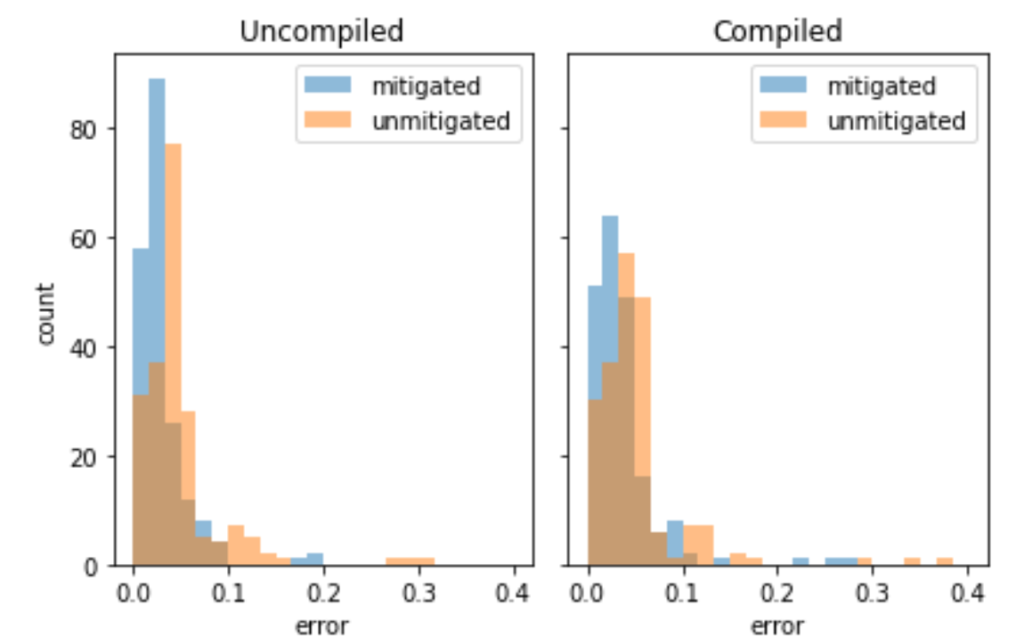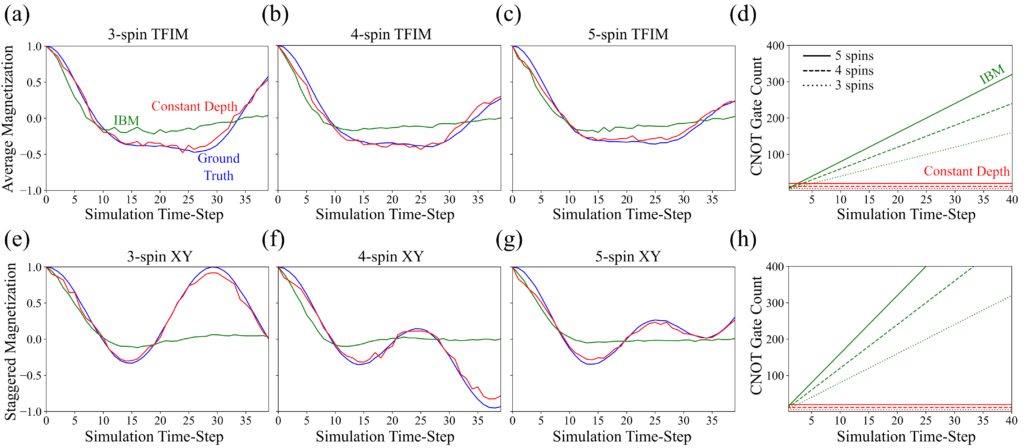What is BQSKit
The Berkeley Quantum Synthesis Toolkit (BQSKit) is a powerful and portable quantum compiler framework. BQSKit stands on its own as an end-to-end compiling solution by combining state-of-the-art partitioning, synthesis, and instantiation algorithms. The framework is built in an easy-to-access and quick-to-extend fashion, allowing users to best tailor a workflow to suit their specific domain. All of this is accomplished by utilizing the following innovations:
- QSearch: Optimal depth synthesis up to four qubits
- LEAP: Best quality of solution synthesis up to six qubits
- QFAST: Scales good solution quality synthesis up to eight qubits
- QGO: Optimizing compiler combining partitioning and synthesis
- QUEST: Scalable circuit approximations
- QFactor: Fastest quantum circuit optimizer using tensor networks
All of our software is free and open-source. We have several pre-built tools available to retarget, map, and optimize circuits. We are constantly improving our software; star and watch our GitHub Page to be the first to know about software updates.
Global Circuit Optimization
Global circuit optimization is the process of taking a quantum program, given as a quantum circuit, and reducing (optimizing) its depth. The depth of a quantum circuit is directly related to the program’s runtime and the probability of error in the final result. BQSKit uses a unique strategy that combines circuit partitioning, synthesis, and instantiation to optimize circuits far beyond what traditional optimizing compilers can do.
Circuit Synthesis
Quantum synthesis is the process of converting a mathematical description of a quantum program, given as a unitary matrix, to an executable quantum circuit that implements it. Synthesis is used extensively in BQSKit, enabling gate set exploration, algorithm discovery, and our most powerful optimization algorithms. Additionally, the tunability of our algorithms’ allows users to adjust synthesis for their needs quickly and easily.
Gate Set Transpilation
BQSKit is the only fully portable compiler that exists. Without any user effort, it can transpile circuits from any gate set to any gate set. Sets with multiple entangling gates or larger than two-qudit gates are no problem for BQSKit. Numerical instantiation is what enables this complete portability while maintaining high-quality compilation. Only BQSKit is designed from the ground up to support efficient instantiation.
Showcase

Mitiq Integration
The developers behind the error mitigation software Mitiq have developed a python notebook, which demonstrates a workflow using their tool and BQSKit in conjunction. They’ve been able to show that for random circuits, using error mitigation on top of the compilation via BQSKit improves the accuracy of expectation values, as seen in the graphs on the left.

Constant Depth TFIM Circuits
Quantum circuit synthesis enables algorithm discovery. There is no better example of this than the work carried out by Lindsay Bassman and Roel Van Beeumen. Ethan Smtih discovered our synthesis tools produced similar circuits for all time-steps of TFIM circuits, which enabled Lindsay and Roel to explore constant depth circuits from first-principles.

Real Time Compilation of QITE Algorithm
The BQSKit team is collaborating with researchers from the AQT project. We are assisting them with real-time optimization of the circuits produced from their hybrid algorithm. Where Qiskit’s synthesis falls short, we are able to reduce depth greatly.
This work was supported by the DOE Office of Advanced Scientific Computing Research (ASCR) through the Accelerated Research for Quantum Computing Program